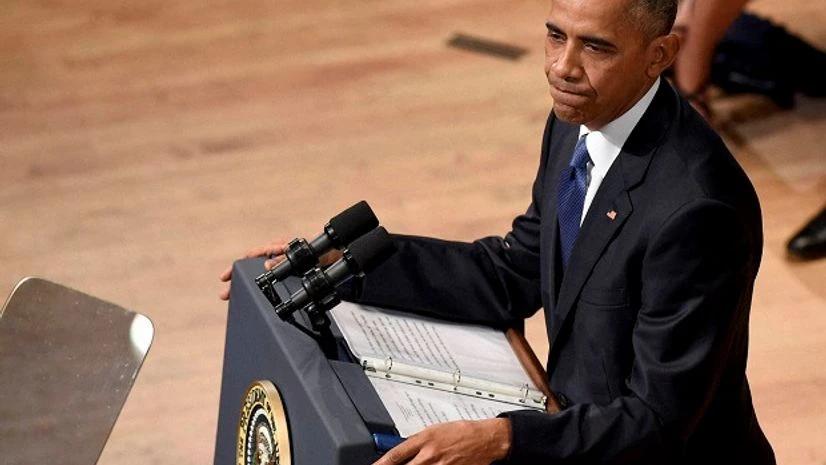Powerful business lobbying bodies sued the Obama administration, seeking to strike down recent rules intended to prevent corporate tax avoidance through so-called inversions.
In a rule adopted in April, the US Treasury sought to prevent American companies from moving overseas to reduce their tax burdens, often through reverse mergers.
The pharmaceutical giant Pfizer that month abandoned plans for a merger with Botox producer Allergan, based in Ireland, as a result.
In a complaint filed in US District Court in Texas, the US Chamber of Commerce and the Texas Association of Business accuse the Obama administration of attempting to re-write US tax laws while bypassing the legislature, which is controlled by Republicans and hostile to the measure.
If the rule is allowed to stand, "it is not just mergers that will suffer — it is the rule of law, and the certainty and stability required for effective commerce," the complaint said.
Also Read
In a statement, US Chamber President Tom Donahue said the Treasury and Internal Revenue Service had "ignored the clear limits of a statute, and simply rewrote the law unilaterally."
The Treasury Department said yesterday it had acted within its powers to address what lawmakers had failed to.
"In the absence of congressional action, Treasury proposed regulations to eliminate tax benefits for companies that acquire multiple US firms over a short period of time," the department told AFP.
"This action was based on strong policy interests and clear legal authority. We will continue to defend these regulations, which will help slow the erosion of our corporate tax base."
According to the rule adopted in April, companies formed in tax inversions can be subject to higher taxes if the newly formed company does less than 25 per cent of its business in the foreign country where it is incorporated or if the shareholders in the old American parent company end up owning at least 60 per cent of the new foreign parent.

)
